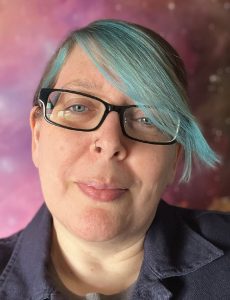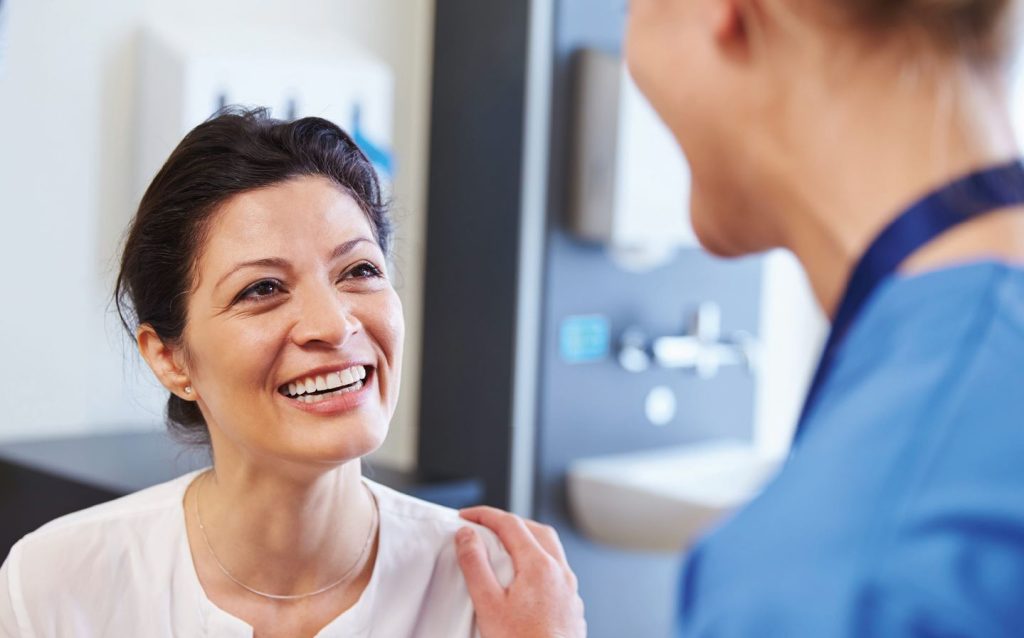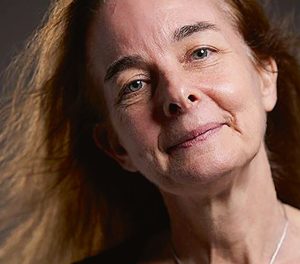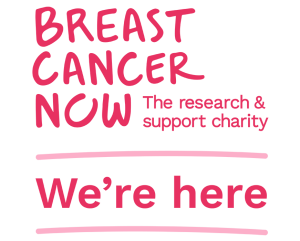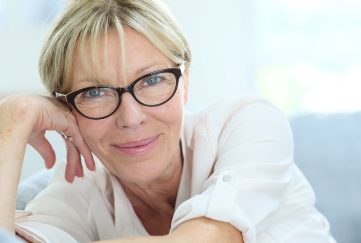Breast Cancer Now: Breaking Down Barriers
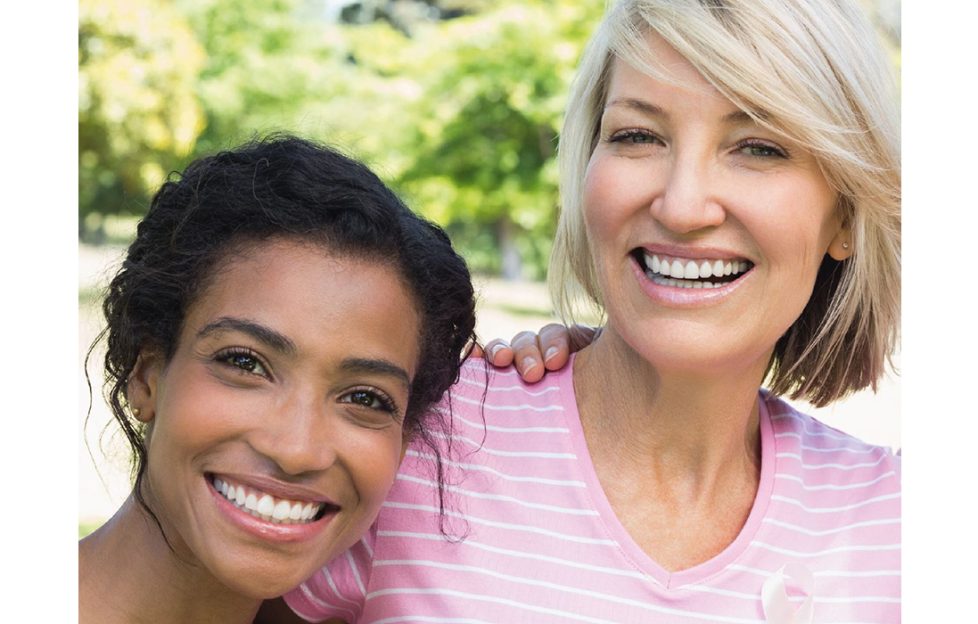
By Janey Swanson
Going through breast cancer is really tough but, for autistic people, there are more challenges.
“Breast cancer involves multiple appointments and procedures, with several medical professionals,” says Dr Char Goodwin, lead researcher of the Breast Cancer Now-funded project exploring the experiences of autistic adults who have had a breast cancer diagnosis.
“Treatment, which can include surgery, chemotherapy and/or radiotherapy, also produces side effects, which can be horrible. It’s hard.
“Now imagine that every appointment requires being in an environment that doesn’t meet your needs because it’s too noisy, crowded or bright, triggering sensory overload.
“In addition, the many healthcare professionals involved in your care may not recognise or understand your support needs. It can make communication difficult and make it challenging to access the information you need.”
Autistic experiences of breast cancer
Dr Goodwin explains that these are only a few of the barriers autistic people face when accessing healthcare. During treatment, autistic people experience these barriers repeatedly, which can contribute to autistic people having a worse prognosis and poorer experience when it comes to cancer.
“Research has shown that barriers to accessing healthcare are likely to negatively impact autistic people – and these barriers can be experienced from before diagnosis,” continues Dr Goodwin.
“For example, some autistic people can find it difficult – or impossible – to use a telephone but that’s often the only way to make an appointment with a GP.
For time-sensitive diseases like cancer, any barriers experienced at this initial stage will have a real impact on overall prognosis and subsequent treatment.
“It’s crucial that we understand how autistic people experience breast cancer care by asking them directly,” adds Dr Goodwin, who is autistic and was motivated to undertake this research following her own breast cancer diagnosis.
“I struggled throughout my treatment but, compared to other people diagnosed with breast cancer, my struggles seemed to be different.
“Eighteen months after completing radiotherapy, I began to realise I was autistic. This led me to do a deep dive into learning about autism, where I read about healthcare barriers.
“This made me think about how these barriers could impact on cancer care for autistic people and I knew this was an area I wanted to research.”
Dr Goodwin’s project
Thanks to Breast Cancer Now’s funding, Dr Goodwin and her University of Exeter colleagues, including Professor Manuela Barreto and Professor Ginny Russell, are asking autistic people about their breast cancer experiences.
“We’re looking for input from autistic people who have had a breast cancer diagnosis and treatment in the UK, whether they’ve had a formal autism diagnosis, are on the waiting list for assessment or self-identify as autistic,” says Dr Goodwin.
The first part of the team’s three-year project explores Dr Goodwin’s experience of breast cancer, the second involves interviewing 8-12 autistic people about their experiences.
“To ensure the right questions are asked in the right way, the team is also setting up an advisory group of autistic people who have had a breast cancer diagnosis to co-design questions for the interviews and for an online survey. We hope to launch this nationwide survey in late spring 2025.
“At the moment, there’s not enough support in the UK for autistic people who have been diagnosed with breast cancer. We need to reduce and remove barriers.
“Our project will provide a foundation of research and, with this knowledge, we will be able to further explore ways of making changes to existing practice.
“We will begin by creating guidelines, co-designed with our advisory group, for healthcare professionals so they can better support their autistic patients as they undergo diagnosis and treatment.
“Meeting other autistic people who have had a breast cancer diagnosis and hearing their cancer stories reminds me just how much this research is needed,” adds Dr Goodwin. “It’s so important that autistic people living with and beyond breast cancer are supported in a way that’s beneficial and useful to them.”
For more details go to aebcstudy.co.uk.
Breast cancer patient Helen Malt tells her story
“Nobody enjoys chemotherapy,” says Helen Malt (54) who was diagnosed with breast cancer in 2007 after finding a lump in her left breast while showering.
“But, for me, the sensory aspect was particularly overwhelming. I couldn’t stand the chemical smell of the chemotherapy, the noise of the machines whirring, even the room’s bright lights.
“Looking back, I found many aspects of my breast cancer treatment difficult, which I now know was due to being autistic.
“It was all too much for me, so I closed myself off. I didn’t advocate for myself as a patient and I didn’t ask the doctor the questions I really wanted to ask. I was totally overwhelmed and retreating was my protection mechanism.
“Then, when my daughter was diagnosed with autism eight years ago, I realised I was also autistic.
Even without a diagnosis, the realisation that I was autistic was a light bulb moment. Suddenly a lot of things started to make sense, including how I felt during my breast cancer treatment.
“I understood why I felt and behaved the way I did, and I started to accept who I am and how I am.”
Support from Breast Cancer Now
Breast Cancer Now is here for anyone affected by breast cancer, providing support for today and hope for the future. To support Breast Cancer Now’s groundbreaking research, visit breastcancernow.org/donate.
To be part of the Lived Experience Advisory Group, email aebcstudy@exeter.ac.uk.
Find out more about the Breast Cancer Now charity and their Pink Ribbon Walk.
You can support Breast Cancer Now with a subscription to My Weekly.

